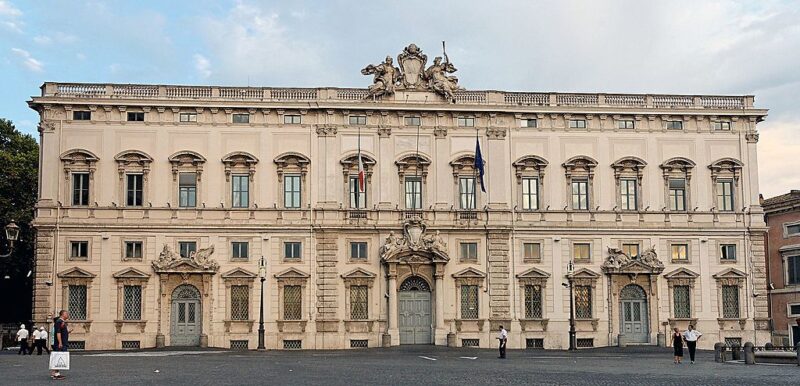UN experts warn against racial discrimination in Italy law enforcement
Share
Explore Our Galleries
Breaking News!
Today's news and culture by Black and other reporters in the Black and mainstream media.
Ways to Support ABHM?
By Shashank Pandest, The West Bengal National U. of Juridical Sciences, IN

The United Nations International Independent Expert Mechanism to Advance Racial Justice and Equality in Law Enforcement (UN Mechanism) warned Friday against racial discrimination in Italian law enforcement, following a comprehensive mission that included visits to Rome, Milan, Catania, and Naples to assess the intersection of race and law enforcement practices.
The UN Mechanism heard testimonies on racial profiling in Italy’s law enforcement agencies, which “create harmful and spurious associations of Blackness with criminality and delinquency,” Chairperson Akua Kuenyehia said. She continued, emphasizing, “The legitimate task to promote citizens safety and security should not be construed as a licence to engage in racial profiling. This practice erodes trust in law enforcement, and as a result, reduces law enforcement effectiveness.”
The UN Mechanism found “a lack of comprehensive race-based data hampering efforts to address racial disparities.” It also expressed concerns about overcrowding in Italian prisons and its impact on detainees’ human rights, highlighting the prevalence of systemic racism, and noted instances of torture and ill-treatment, including a case at the Cesare Beccaria Juvenile Detention Centre in Milan. Furthermore, the experts raised concerns about the challenges migrants and asylum seekers face in accessing legal protections, which are “often exacerbated by law enforcement abuse of authority and bureaucratic delays.” It emphasized the need for immigration services to be civilian-controlled and suggested that immigration offices should be placed “within or nearby affected communities.”
The UN Mechanism shared its preliminary findings with the Italian Government. It will draft a full report to be presented to the UN Human Rights Council at its 57th session in the fall.









Comments Are Welcome
Note: We moderate submissions in order to create a space for meaningful dialogue, a space where museum visitors – adults and youth –– can exchange informed, thoughtful, and relevant comments that add value to our exhibits.
Racial slurs, personal attacks, obscenity, profanity, and SHOUTING do not meet the above standard. Such comments are posted in the exhibit Hateful Speech. Commercial promotions, impersonations, and incoherent comments likewise fail to meet our goals, so will not be posted. Submissions longer than 120 words will be shortened.
See our full Comments Policy here.